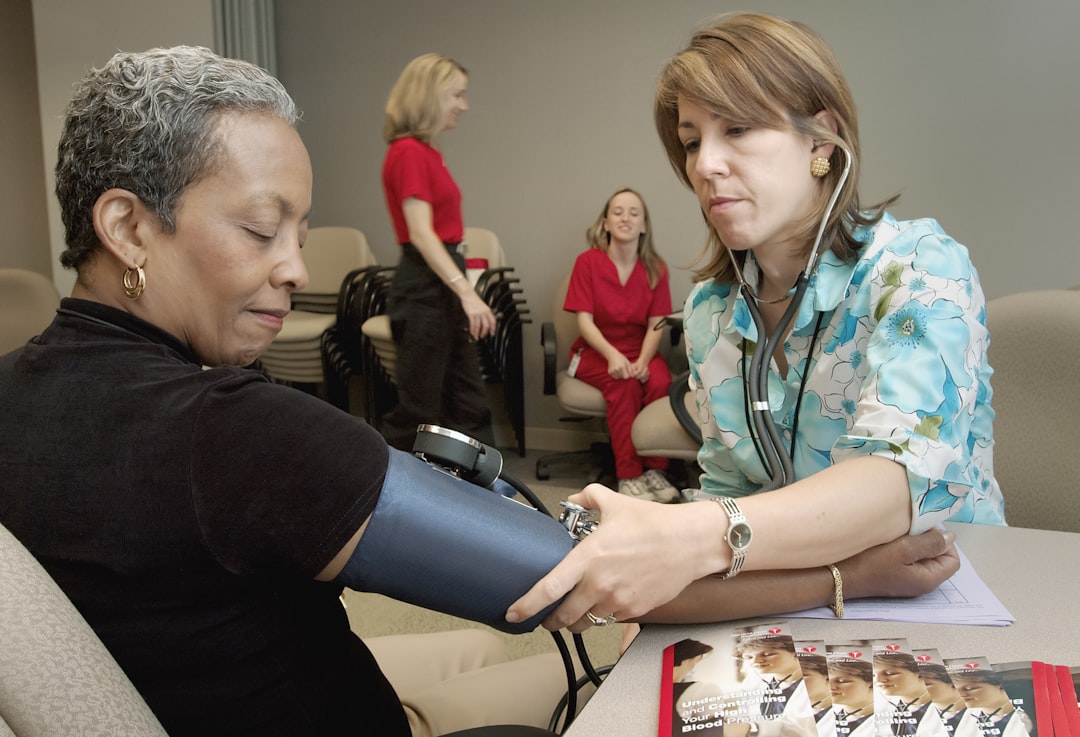Friday Q&A: "White Coat" Hypertension, When and How to Leave Your Doctor, Statin drugs, & COVID testing
You ask the best questions!
It’s Friday Q&A time! Click here to submit your questions for future posts!
Full access to my weekly Q&A is available only to paid subscribers. To support this work, and to join my upcoming Zoom hangout, consider upgrading your subscription!
Let’s dive in.
QUESTION #1
My blood pressure goes up every time I see my doctor, but when I check it after taking some deep breaths at home, it’s fine. My doctor wants to put me on blood pressure pills, and it’s stressing me out. How can I calm myself down in her office or convince her that I’m okay? Help! - Laura
Dear Laura,
Great question. There’s no clearer example of the mind-body connection than blood pressure “spikes” in the doctor’s office!
Even when I see my own doctor, my "fight or flight" response turns on. This response is a physiological reaction that occurs when we perceive a threat — even if we have a good rapport with our doctor and we know intellectually that there’s no actual danger. It’s not conscious! Indeed, when we’re under stress, the mind triggers the body to release a flood of hormones, including adrenaline and cortisol, which prepare the body to either fight or flee. This response can cause an increase in heart rate, blood pressure, and breathing rate, as well as other bodily changes. In the case of white coat hypertension, the stress of the medical setting triggers this response, leading to an increase in blood pressure — hence the term “white coat hypertension.”
This is not to say that everyone with high blood pressure readings is stressed; nor am I suggesting that everyone under stress suffers from hypertension. It’s to acknowledge the variability of our blood pressure depending on our emotional state — in addition to other factors like age, genetics, family history of hypertension, degree of cardiovascular fitness, and consumption of salt, caffeine, and alcohol.
So, how do we distinguish true hypertension from the mere “excitement” of seeing our doctor? Try checking your readings at your pharmacy. Consider buying a home blood pressure cuff. Collecting a log of blood pressure readings that are taken in the context of your regular life — and bringing it to your next appointment — is generally more useful than a one-time check in the clinic.
It’s important to note that white coat hypertension can still be dangerous if left untreated. Similarly, the emotional and physical manifestations of anxiety itself can do harm. Which is why lifestyle changes (such as exercise, healthy eating, alcohol moderation, and stress management techniques) can reduce pressure in every organ system — heart and head alike.
Let me know if you’d like to hear more about the cardiovascular consequences of stress and anxiety. I welcome your feedback, as always.
Keep reading with a 7-day free trial
Subscribe to Are You Okay? to keep reading this post and get 7 days of free access to the full post archives.




